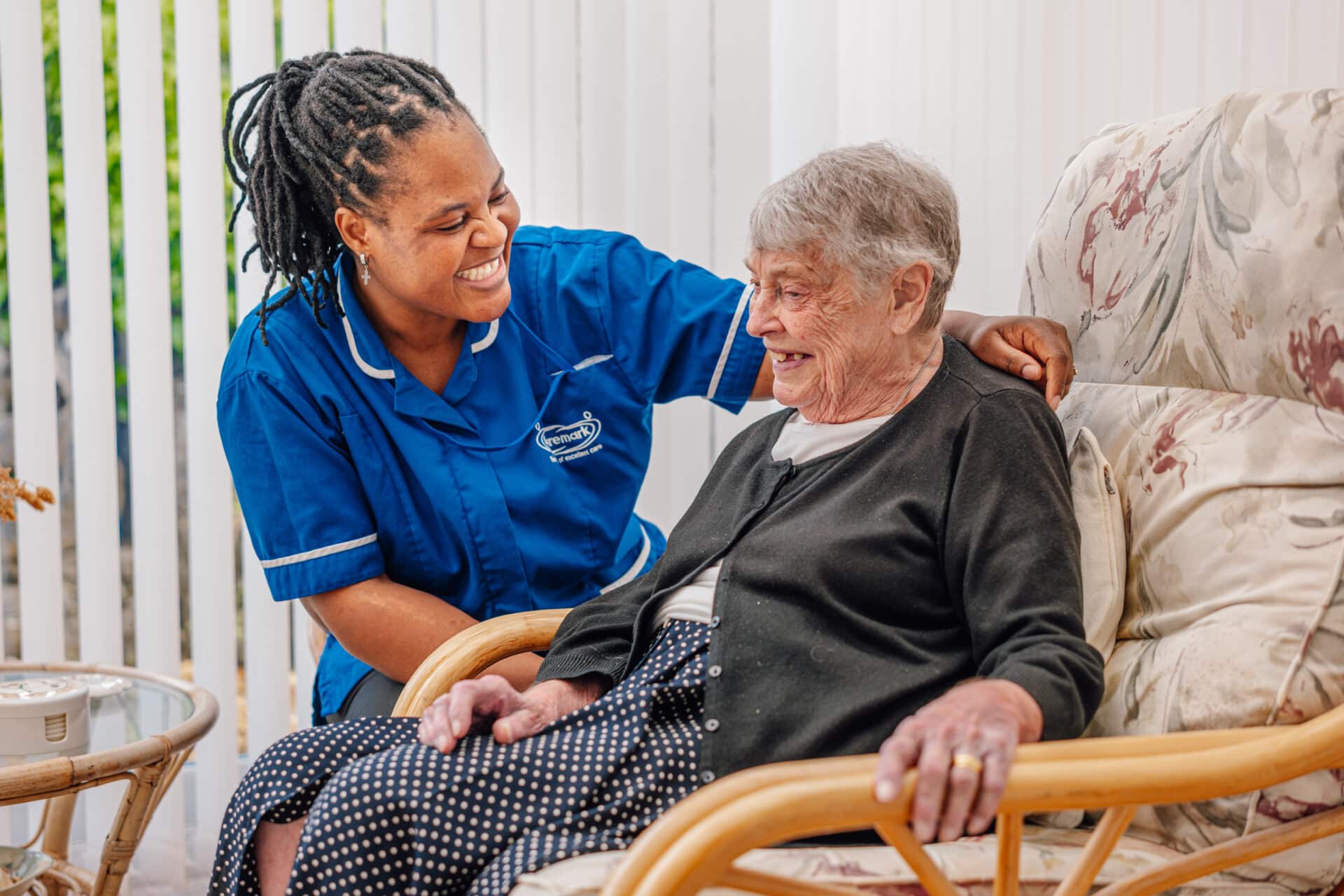Dying matters: why planning ahead gives you peace of mind

Thinking about the end of life isn’t easy. For many of us, it’s something we avoid until circumstances force our hand. But planning ahead can bring a sense of control and clarity, both for you and for those you love. Facing these conversations now, while you can make clear decisions, can reduce stress, uncertainty, and emotional burden later on.
When you start to think about end-of-life planning, there are a few key areas to consider. These include legal and financial arrangements and care and place of death preferences. In addition, preparations for what happens immediately after a death, including the support that’s available to those left behind.
Legal and financial planning ahead
1. Writing a Will
A will is a legal document that ensures your wishes are carried out after your death. It sets out who should inherit your property, money, and possessions, and can also include directions for guardianship of any dependents. Without a valid will, your estate will be distributed according to intestacy laws – which may not reflect your wishes.
2. Setting Up a Power of Attorney
A Power of Attorney allows someone you trust to make decisions on your behalf if you become unable to do so. There are different types:
- Lasting Power of Attorney (LPA) for Health and Welfare
- LPA for Property and Financial Affairs
Setting these up in advance avoids complicated legal processes for your loved ones later on.
3. Financial support after a spouse or civil partner dies
If you lose your partner, you may be entitled to financial support. This can include:
- Bereavement Support Payment (BSP) – a benefit for those under State Pension age whose spouse or civil partner has died.
- Funeral Expenses Payment – if you’re on a low income and need help with funeral costs.
- Widowed Parent’s Allowance – for those who were receiving Child Benefit at the time of their partner’s death.
What needs to be done when someone dies
The period immediately after a death can feel overwhelming. Here are the main steps to take:
1. Registering the death
You must register the death within five days in England, Wales, and Northern Ireland, or within eight days in Scotland. You’ll need a medical certificate and other information about the deceased.
2. Notifying Government and other services
Use the government’s “Tell Us Once” service (available in most parts of the UK) to inform various departments, including HMRC, DWP, Passport Office, and the local council.
3. Arranging the funeral
You can plan the funeral according to the wishes of the deceased (if known) or decide with family and friends. Funeral directors can guide you through the process and options, whether it’s a traditional burial, cremation, or a more personal send-off.
4. Dealing with the Estate
This involves sorting out the deceased’s finances – bank accounts, debts, pensions, and property. If they had a will, the named executor will handle this. If not, a relative may need to apply for probate or letters of administration.
Coping with bereavement
Grief is a deeply personal journey, and there’s no right or wrong way to feel. It’s normal to experience a wide range of emotions – from shock and sadness to anger or even relief.
Ways to help yourself cope:
- Talk to friends and family about your feelings.
- Seek bereavement counselling or join a support group.
- Be kind to yourself and give yourself time to adjust.
Organisations that can help:
- Cruse Bereavement Support – offers counselling and support.
- The Good Grief Trust – connects people to resources and local support groups.
- Marie Curie – provides support for those affected by terminal illness and grief.
Final thoughts about planning ahead
Planning for death may feel uncomfortable, but it’s one of the kindest things you can do for yourself and your loved ones. It’s not just about legal paperwork – it’s about making your wishes known, easing the burden on others, and allowing yourself the peace of knowing everything is in place.
Because dying matters – and so does how we prepare for it.